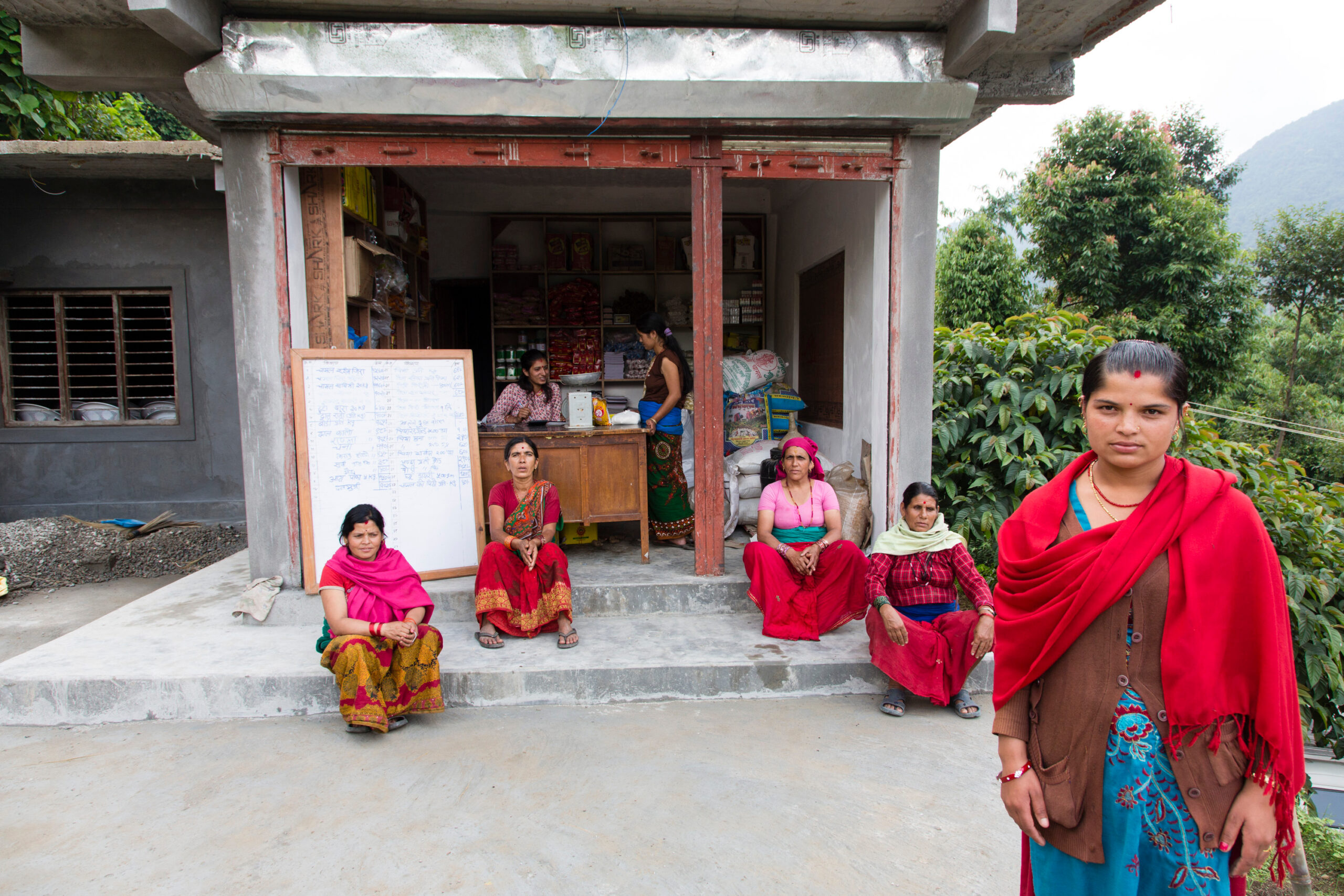A Letter from Lockdown: Kathmandu, Nepal

My name is Corey O’Hara, and I am iDE’s Country Director in Nepal. I am writing to you from lockdown in my Kathmandu home to give you an idea of how the COVID-19 pandemic is affecting farmers in Nepal and what we can do about it.
Here in Nepal, we work with small farmers because they make up about 80% of the rural population, and most of the country is engaged in agriculture of one kind or another. Globally, there are about half a billion small farmers, who, despite feeding about half the planet, are some of the poorest and most disadvantaged people in the world.
Nepal’s geography is challenging. Most of the country is high hills. Farmers who live far from a market center may have to walk many hours to get to a road so that they can meet with a trader to sell their produce. So, a lot of our work here in Nepal is bridging that last mile. That means reaching them with the basic things that are necessary for productive farming, like agricultural supplies, high quality seeds and irrigation equipment. It also means getting their produce to market so that they can make some profit off of what they grow.
Right now, COVID-19 is disrupting agricultural supply chains across the country. As a result, farmers haven’t put their seeds in the ground on time. They’re missing their most important growing season. Farmers also haven’t been able to harvest their produce or sell it in markets. They have been missing out on income opportunities and are quickly finding themselves unable to feed their own families and their neighbours.
Protecting Farmers in a Pandemic
For years, with the support of our donors, we’ve established and nurtured local entrepreneurs to serve small farmers across that “last mile” with extension advice, supplies and marketing services. For example, you may have read about our “Plant Doctors” – local agents that we have trained to provide farmers with advice and supplies to detect and treat crop diseases. Now, those entrepreneurs are a lifeline for farmers. Using protective equipment and appropriate physical distancing, they are helping to safely re-establish supply lines in a way that will minimize the spread of COVID-19 around Nepal.
We stay in touch with our entrepreneur partners on the front lines using texting, Facebook and Zoom calls. They in turn provide essential services to more than 50,000 farmers.
We’re also working with radio and television to get the word out about how farmers can respond to some of the threats that they’re facing at the moment. In remote rural areas, farmers are also benefiting from weather stations that we’ve set up in local market towns. For the first time, they actually have a real local weather forecast.
A New Pest in The Midst of the Plague
At the same time that we’re struggling to cope with the effects of COVID-19 lockdowns, we’re facing a major problem with an invasive pest that’s come to Nepal for the first time: the fall armyworm, which is potentially devastating fo corn crops. Because farmers don’t have access to safe, organic pest management solutions, they have no real way to respond to this new problem. I’m proud that our team is co-ordinating the national response to this pest, even under these difficult circumstances. Through our networks, we’re able to communicate timely information on simple measures to combat the pest.

Beyond Lockdown
Once the lockdown ends, we want to make sure that farmers aren’t putting themselves or others at risk of contracting COVID-19. This means making sure that people have the information they need to recognize the disease and to prevent its transmission. Basic things like handwashing and physical distancing are not easy or common concepts for people in rural Nepal. That’s why we’re really trying to get the word out nationally through our networks and communications.
In the midst of all of the suffering and uncertainty that this pandemic has created for all of us, know that your support is making a difference to farmers and communities in Nepal. You have helped us build the networks and services that now are proving essential to sustain their lives and livelihoods.
We are in this for the long haul. In the weeks and months to come, you can continue to make a difference. Stay tuned for opportunities to join online discussions and updates on iDE’s work in Nepal and elsewhere. Invite your friends. And, as you are able, continue to support vulnerable farmers with your donations. They need it now more than ever.
From myself and the Nepal team, thank you. Your support and encouragement keeps us going through life in lockdown.
Corey O’Hara
iDE Nepal Country Director
